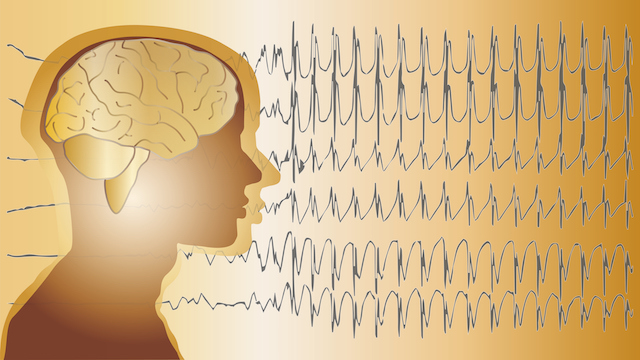Curbing neonatal seizures with KCC2
Neonatal seizures are often associated with cerebral ischemia, resistance to antiseizure drugs, and reduced abundance of KCC2, a K+/Cl− cotransporter that is critical to inhibitory neurotransmission. Sullivan et al. found that acutely enhancing KCC2 activity with the drug CLP290 reduced seizures in a neonatal mouse model. Systemically administering CLP290 to 1-week-old mice decreased the number and duration of seizures, including those that were chemically induced at a later stage of development, and restored the antiseizure efficacy of the first-line seizure medication phenobarbital. These effects depended on KCC2 abundance and phosphorylation of KCC2 at Ser940. The findings demonstrate the potential of KCC2 as a target for treating phenobarbital-resistant pediatric seizures.
Abstract
Neonatal seizures pose a clinical challenge in their early detection, acute management, and long-term comorbidities. They are often caused by hypoxic-ischemic encephalopathy and are frequently refractory to the first-line antiseizure medication phenobarbital. One proposed mechanism for phenobarbital inefficacy during neonatal seizures is the reduced abundance and function of the neuron-specific K+/Cl− cotransporter 2 (KCC2), which maintains chloride homeostasis and promotes GABAergic inhibition upon its phosphorylation during postnatal development. Here, we investigated whether this mechanism is causal and whether it can be rescued by KCC2 functional enhancement. In a CD-1 mouse model of refractory ischemic neonatal seizures, treatment with the KCC2 functional enhancer CLP290 rescued phenobarbital efficacy, increased KCC2 abundance, and prevented the development of epileptogenesis, as quantified by video electroencephalogram monitoring. These effects were prevented by knock-in expression of nonphosphorylatable mutants of KCC2 (S940A or T906A and T1007A), indicating that KCC2 phosphorylation regulates both neonatal seizure susceptibility and CLP290-mediated KCC2 functional enhancement. Our findings therefore validate KCC2 as a clinically relevant target for refractory neonatal seizures and provide insights for future drug development.







